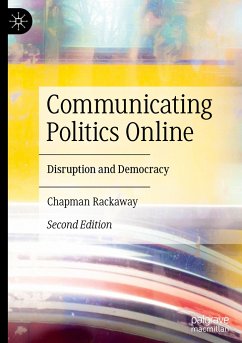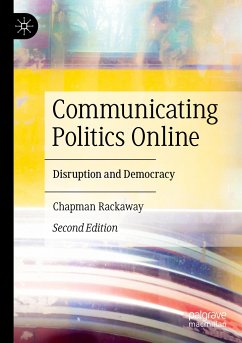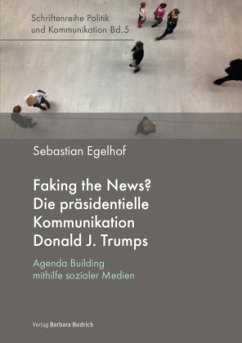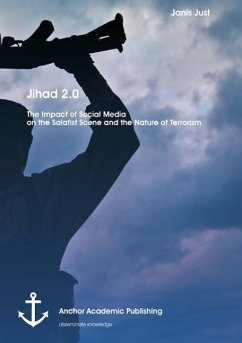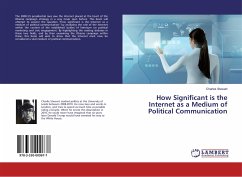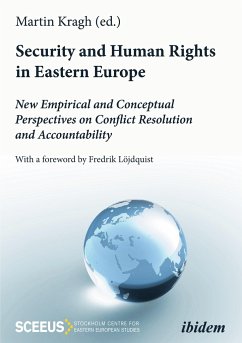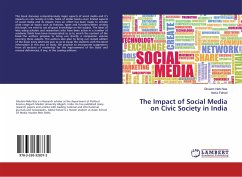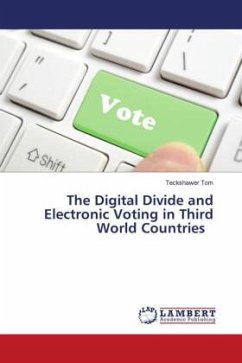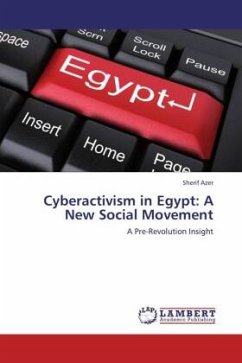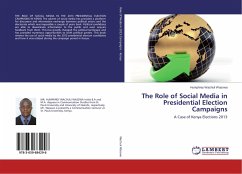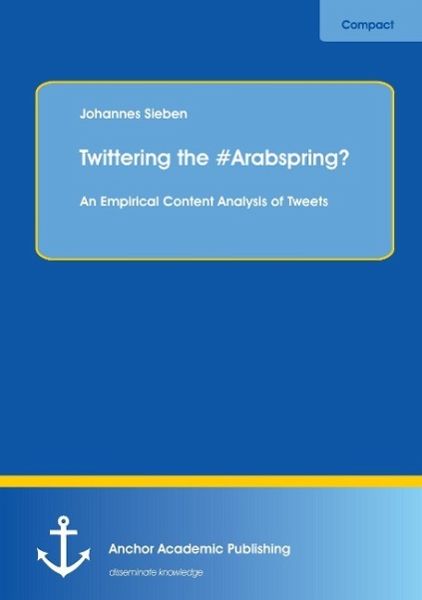
Twittering the #Arabspring? An Empirical Content Analysis of Tweets

PAYBACK Punkte
0 °P sammeln!
This study examines tweet content from key periods of the uprisings in Egypt and Syria of 2011 and 2012, generally known as the Arab Spring . Some authors and the mainstream media have suggested that these uprisings were significantly influenced and organised by Twitter and subsequently referred to them as Twitter Revolution . Other authors have strongly opposed this idea and attributed it to self-deception in the light of marvellous inventions of the Western World. They have suggested Twitter was predominantly used as an information-sharing network. In an effort to contribute data to this deb...
This study examines tweet content from key periods of the uprisings in Egypt and Syria of 2011 and 2012, generally known as the Arab Spring . Some authors and the mainstream media have suggested that these uprisings were significantly influenced and organised by Twitter and subsequently referred to them as Twitter Revolution . Other authors have strongly opposed this idea and attributed it to self-deception in the light of marvellous inventions of the Western World. They have suggested Twitter was predominantly used as an information-sharing network. In an effort to contribute data to this debate, this study analyses tweet content from three different observation periods; two tweet datasets were collected from other academics and a third one was crawled from the Twitter API; this process made use of the crawling tool cURL and the database software mongoDB.
The combined tweet dataset contained about 1.9 million tweets out of which a sample of 1945 tweets was drawn. This sample was then evaluated in a quantitative content analysis according to a coding manual. These codes were entered into the statistical analysis software SPSS, in which they were also processed.
The combined tweet dataset contained about 1.9 million tweets out of which a sample of 1945 tweets was drawn. This sample was then evaluated in a quantitative content analysis according to a coding manual. These codes were entered into the statistical analysis software SPSS, in which they were also processed.





